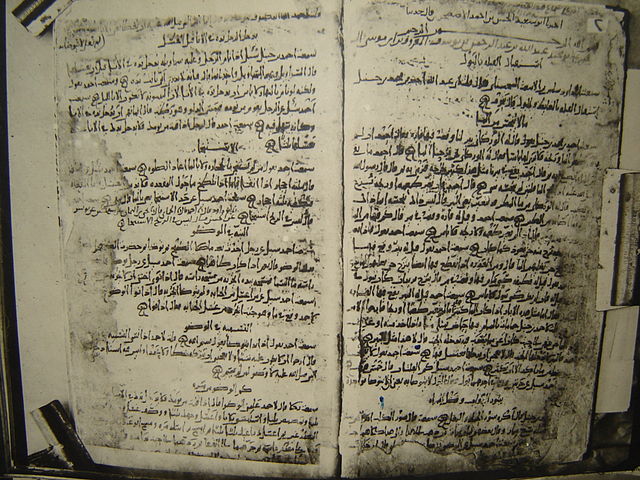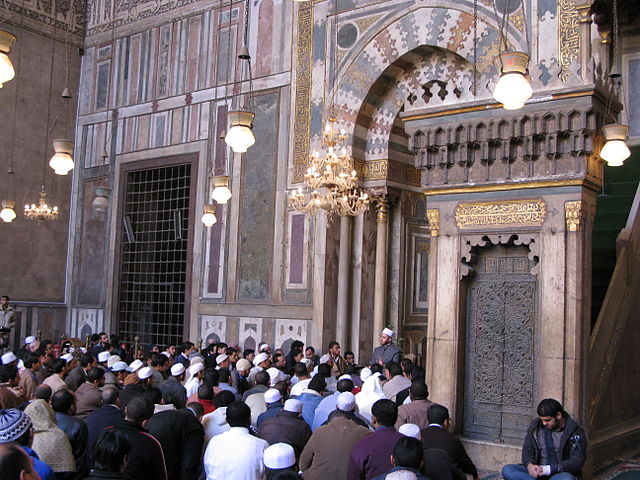Infinite photos and videos for every Wiki article ·
Find something interesting to watch in seconds
Wonders of Nature
Celebrities
Supercars
Largest Empires
Kings of France
Orders and Medals
Largest Palaces
Crown Jewels
Ancient Marvels
Great Museums
Richest US Counties
Wars and Battles
Recovered Treasures
British Monarchs
World Banknotes
Best Campuses
Animals
Sports
Great Cities
Rare Coins
Great Artists
Presidents
Tallest Buildings
Countries of the World
History by Country
Famous Castles
more top lists





